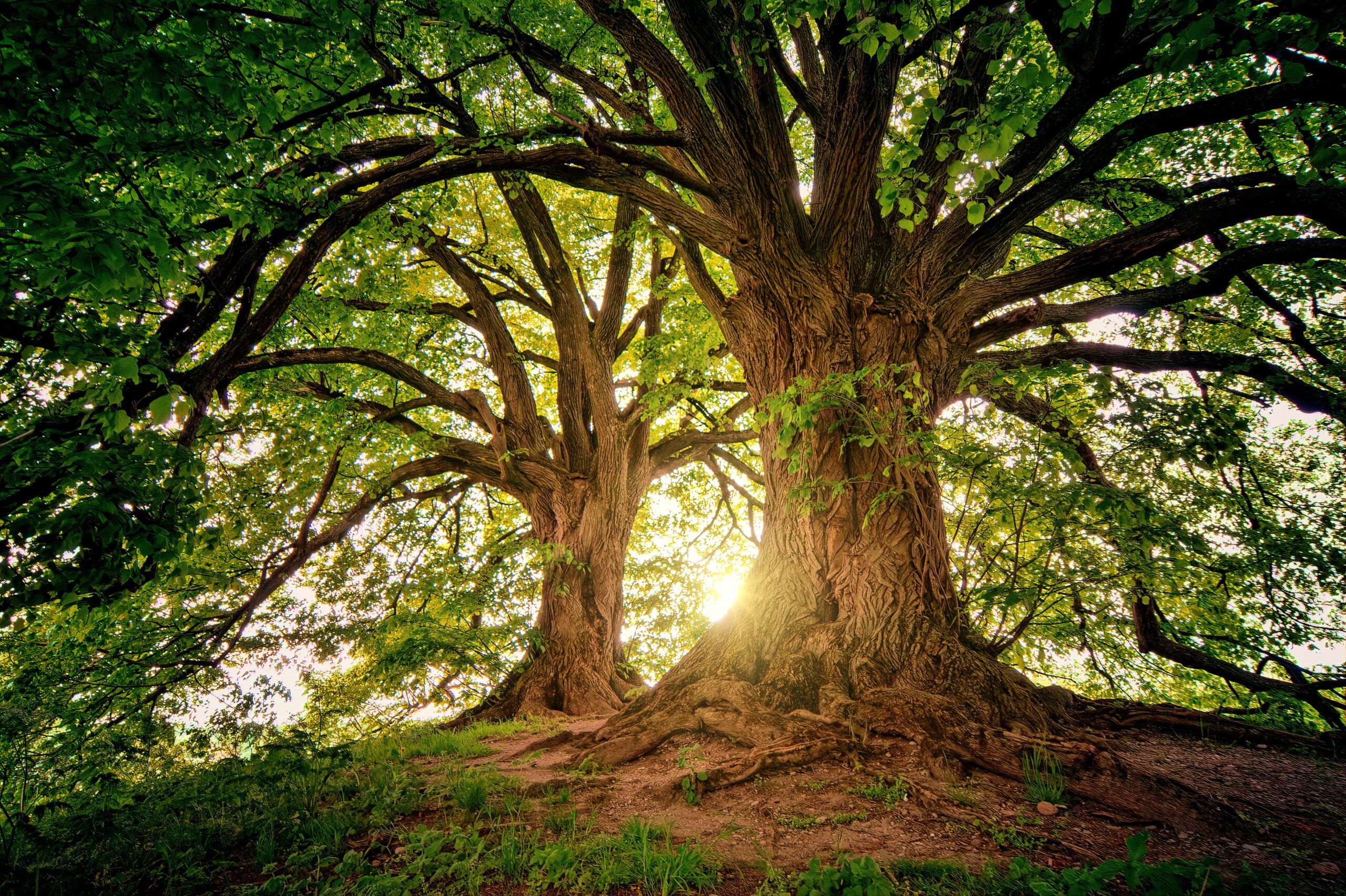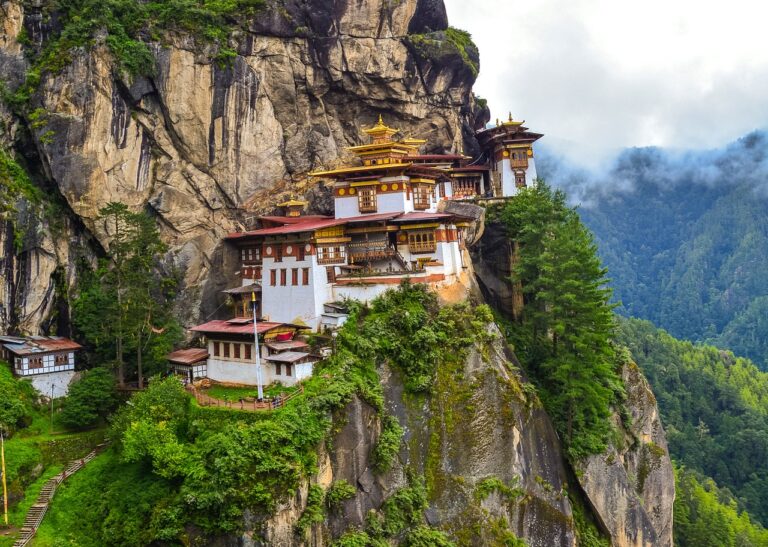Welcome to a land where emerald hills meet the Arabian sea, where coconut trees dance in the breeze, and where nature’s beauty paints a mesmerizing picture. Kerala, India, truly is a slice of paradise. However, amidst this scenario of uncertain climate change, a lurking challenge demands our attention-excessive landslides. The solution? Simple, yet powerful; planting trees. In this blog post, we embark on a journey to uncover the remarkable impact of tree planting in preventing landslides in Kerala. Let’s dive into the magical world of trees and their ability to transform the landscape and protect our cherished terrains.
A Lesson in Landslides
Imagine the devastating moments, a mass of rock, soil, trees, or other material moves down a slope, often rapidly and sometimes with destructive force. This phenomenon, known as a landslide, can disrupt lives and landscapes, and it affects socio ecological harmony. It’s nature’s way of reminding us of her power. How can this be prevented by trees?
Roots: Nature’s Anchors
Think of tree roots as nature’s anchors, securing the soil beneath our feet. When heavy rain tries to wash away the land, these roots dig deep and hold tight, preventing erosion and instability. They create a web of strength beneath the surface, forming a barrier against landslides. So, when you see a tree standing tall on a hill, remember that it’s not just a tree, it’s a guardian of the land.
Canopies or Branches
As raindrops fall from the sky, they land on tree leaves and rush through the branches. These leaves slow down the rain’s impact, preventing it from hammering the ground. By doing so, they protect the soil from getting loose and soggy, reducing the risk of landslides caused by water saturated terrain.
Soil Saviors: Tree Roots and Water Management
Ever had a friend who always knows just what you need? Tree roots are like that friend for the soil. They’re excellent at managing water. When it rains heavily, these roots soak up excess water like a sponge, ensuring that the soil doesn’t become overly saturated. This careful water management prevents soil from becoming too heavy and helps avoid landslides triggered by unstable, waterlogged ground.
Trees as Windbreakers
Wind, often underestimated, can contribute to landslides by blowing soil away. But trees, those nature warriors, act as windbreakers, reducing the wind’s force and protecting the land. Their branches and leaves create a shield that slows down the wind’s impact, keeping soil particles where they belong; right where the trees planted them.
Diverse Harmony: Biodiversity for Stability
Nature loves diversity, and it turns out that having a variety of trees is like a recipe for stability. Different types of trees have different types of roots that work together like a team, forming an underground fortress. It’s a chorus of roots singing in harmony, creating a strong bond that keeps the soil from sliding away, even during heavy rainfall.
Unity in Action: Everyone’s Role
Preventing landslides is a team effort, and every one of us has a role to play. Schools, communities, families, all can come together to plant trees and make a difference. Each tree planted is a step towards a more stable and secure environment. It’s a gesture that shows we care about our land and our future generations.
So there you have it, the secret weapon against excessive landslides in Kerala is right in front of us, waiting to be planted and nurtured. Trees, with their roots, canopies, and biodiversity, are nature’s answer to the challenge we face. By planting trees, we’re not just preventing landslides; we’re creating a haven of stability and protection.
Let’s raise our shovels and raise our voices for tree planting. Let’s paint our hillsides green with hope and resilience. As we plant each tree, we plant a promise, for a future where Kerala’s breathtaking landscapes remain intact, where the hills stand tall and proud, and where extreme climate change become a distant memory. Together, let’s stand with our green allies and pave the way for a greener, safer tomorrow, to sustain as our “God’s own country”.


